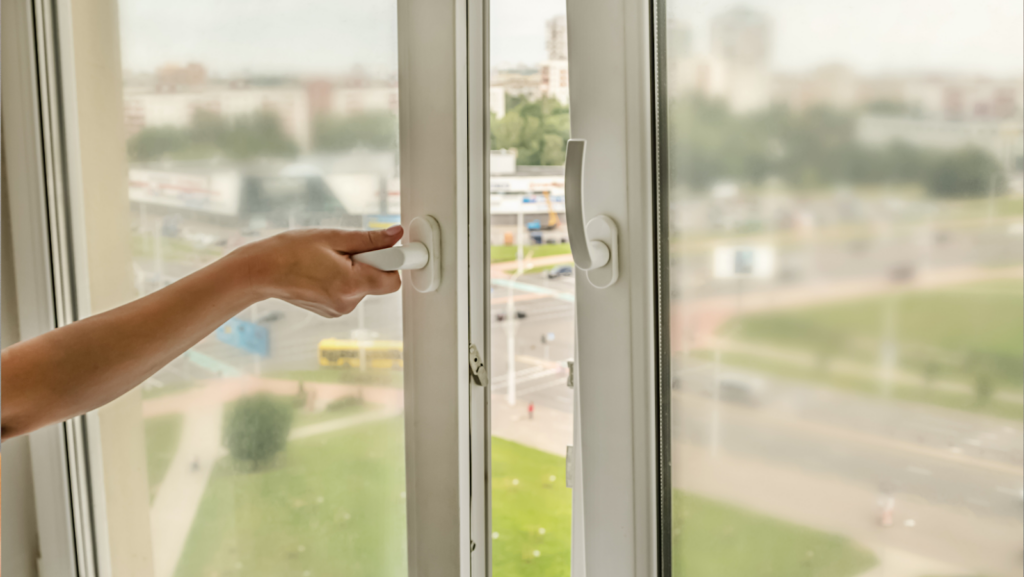As main authorities inside a classroom, teachers can teach students proper ways of minimizing energy consumption which they could apply in their own homes.
Schools are considered second homes for students. And within each classroom, teachers play a vital role in motivating, guiding, and forming values of each student. While technology has revolutionized education, the challenge of balancing educational needs with environmental responsibility still exists.
Here are ways a teacher can teach energy-saving practices to their students in their own classrooms.
Use the Traditional Way of Writing on the Board

Use chalkboards to effectively conserve energy in the classroom
Instead of using projectors or smart TVs for lectures, whiteboards or blackboards can be a simple yet impactful way to reduce energy consumption in school. As projectors require a high level of energy to operate, replacing them with whiteboards or chalkboards occasionally eliminates this constant energy depletion.
Plan lessons and activities that utilize natural light

Engage in outdoor learning activities
Aside from the fact that outdoor activities can provide a productive learning environment for students and teachers, it can help minimize school’s energy consumption. To maximize natural light and minimize the need for artificial lighting, schedule lessons or activities outside during sunny days.
Promote responsible charging habits

Teach a good charging practice
Mobile devices are now always in students’ pockets and it’s true that these gadgets still use electricity to stay powered on. Teachers establishing guidelines for device charging in classrooms, such as setting a specific time limit, can significantly help reduce school’s electricity consumption.
Practice Lunch Power Nap

Develop the habit of turning off electronics when leaving the classroom
During lunch breaks, teachers should make it a habit to turn off everything that consumes energy in the classroom. Encourage students to turn off the lights, computers, aircons, and electric fans. This seems like a small step, but if this will be implemented in every classroom, it can significantly impact the bills.
Assign Students to Open the Window During Comfortable Weather

Open windows for a comfortable learning space while saving energy
Opening the windows can be a powerful strategy for both comfort and conservation. Research reveals that natural light and fresh air improve student focus and engagement in the classroom. Plus, strategically opening windows can significantly reduce energy consumption, making schools greener and more cost-effective. So, instead of relying on air conditioning systems, try opening your windows during comfortable weather.
These are just simple ways of reducing the classroom’s energy consumption, but sometimes the simplest solutions are the most effective. Consistency is very important, therefore, no matter how small, practice it every single day. So, start implementing these steps today in order to make a huge impact tomorrow.
CDN Digital’s “energy-saving tips” is powered and supported by the second largest distribution utility provider in the Philippines, Visayan Electric Company.
ADVERTORIAL
RELATED STORIES:
Pro Energy Saving Tips for Gamers

